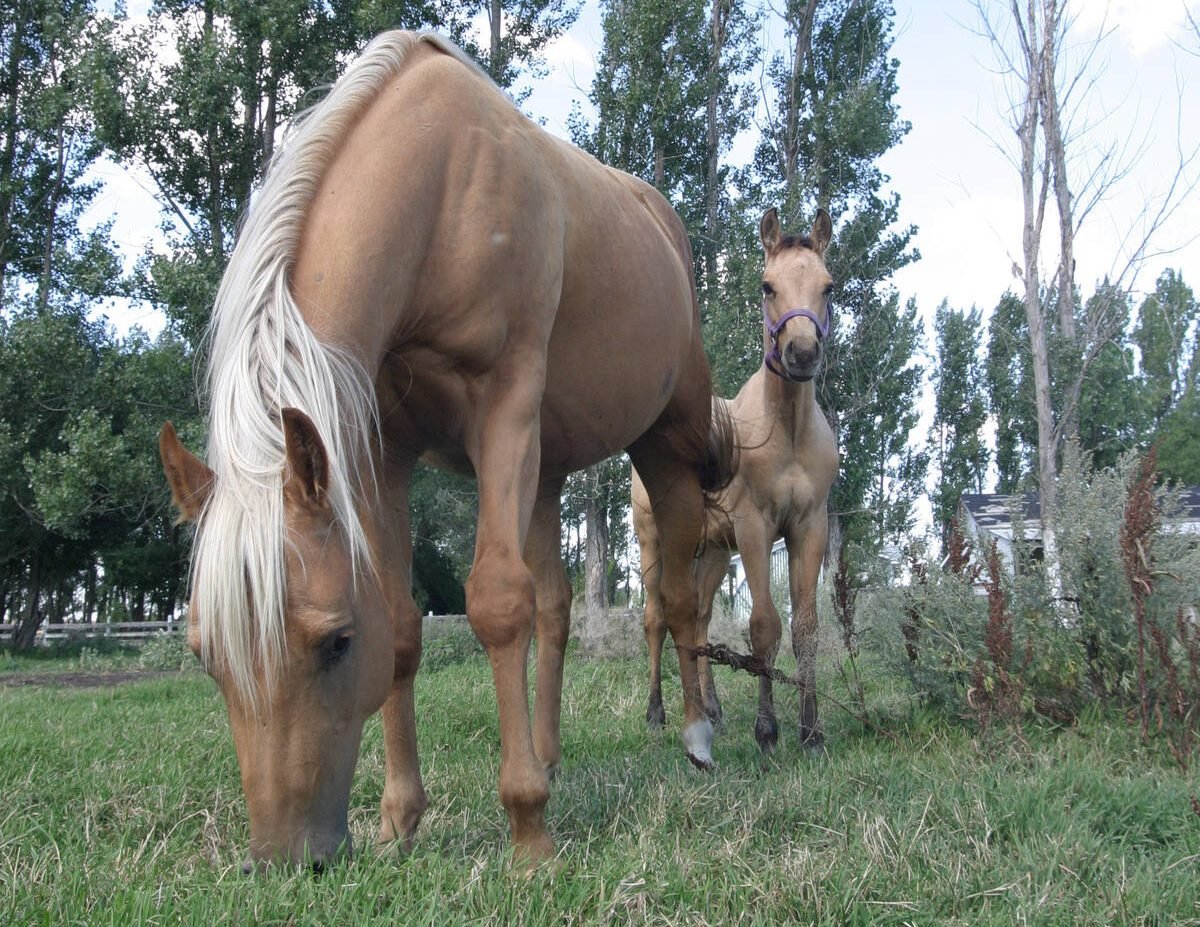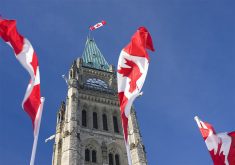THE 39th premiers’ conference has come and gone and has left many people wondering what was in it for them.
The short answer is, not much.
A bunch of guys got together in Saskatoon over three days so hot that even the silk flowers in the hotel lobby were wilting. They did some socializing, some talking behind closed doors, and at the end asked Ottawa for more money for health care and issued communiques on such varied issues as transportation and infrastructure, employment insurance, provincial participation in international agreements, social policy renewal, something called a “post-Panamax container terminal” to be built in Halifax and climate change.
Read Also

Growth plates are instrumental in shaping a horse’s life
Young horse training plans and workloads must match their skeletal development. Failing to plan around growth plates can create lifelong physical problems.
It should be no surprise that the only topic on which the premiers reached unanimous agreement was the need for more federal health care money.
So, three days of talk and the main communique asks Ottawa for more money. Predictable. Most of the other communiques advocate more meetings. Also predictable.
So, what was the point?
Immediately following the breakup of the conference, in a private meeting with Saskatchewan premier Roy Romanow, I asked “what was in it” for rural Canadians.
With his characteristic candor, the premier said that, for the immediate future, probably not much.
This doesn’t mean the conference doesn’t matter or shouldn’t have been held, he said.
Our rural way of life “is an important facet of Canada,” economically and socially, Romanow said. While some of the premiers may not understand the value of grain to the Canadian economy, he said, or how the port of Vancouver is affected if the railways don’t work, they do all understand the challenge of change.
And, eventually, there will be tangible results. On the health care issue, for example, there is sure to be some money from Ottawa, and Romanow said any new money will be spent on core health services, things such as emergency services and rural physicians.
As with most other conferences, I suspect, the value of this one lies not so much in what happens in the formal sessions, or in what the final report says, but rather in the interchanges which take place outside of the meeting rooms: The meeting of minds, the learning to know and understand one another.














